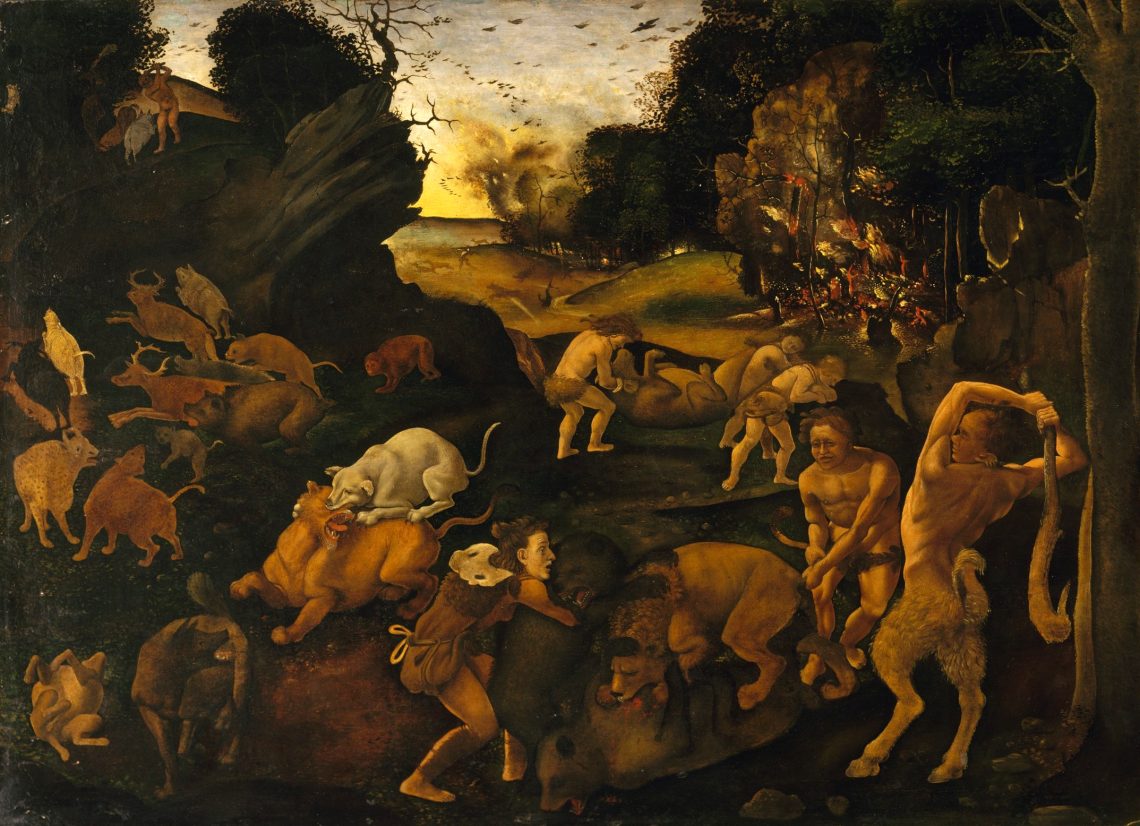At Public Books, literary scholar Christopher Nealon reviews three books that strive to explain, from different disciplinary persepctives, how humanism fell out of favor in the twentieth century: The Personality Brokers: The Strange History of Myers-Briggs and the Birth of Personality Testing by Merve Emre; The Human Body in the Age of Catastrophe: Brittleness, Integration, Science, and the Great War by Stefanos Geroulanos and Todd Meyers; and The Philosophy Scare: The Politics of Reason in the Early Cold War by John McCumber. As Nealon writes, these books demonstrate that the notion of a unified, universal human essence was beseiged from multiple sides during the twentieth cenury. But the question of what it means to be human still haunts us, suggests Nealon. Here’s an excerpt:
In the academy, the death of humanism has been presumed for half a century—or for a century, or for a century and a half, depending on whether you date its demise to Nietzsche, Darwin, and Marx, to Freud and Heidegger, or to Foucault and Derrida. Factor in 60 years of feminist writing on the false universality of “man,” two decades of Silicon Valley triumphalism about the imminent arrival of our robot masters, and you have to wonder why anyone today would believe that there’s some human “we” who share anything at all.
And yet, despite all this, day to day “we” continue to negotiate a half-aware vernacular sense of the “human,” even now. Three recent books tell slightly different stories about the death and the survival of “the human,” or at least afford the chance to rethink our narratives about humanism. The first suggests that people may experience themselves as most human when most typical; the second that our ideas about the self are most challenged when confronted with our hormonal and psychic complexity; and the third, most pointedly, argues that we may have dodged the hardest questions about humanity for political reasons.
Image via Public Books.
